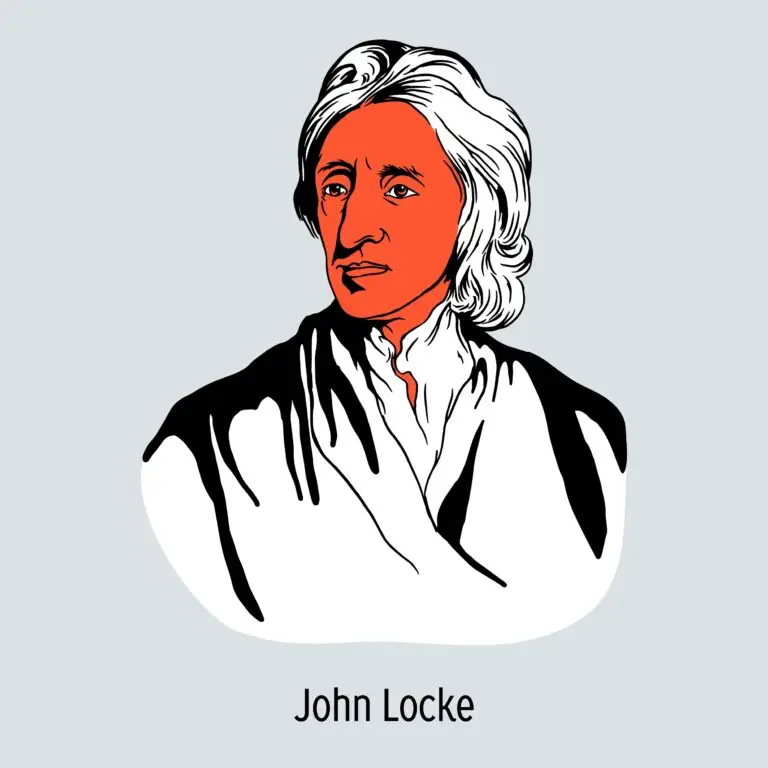Enlightenment

Table of Contents
Enlightenment Era
The Enlightenment, a philosophical and intellectual movement that emerged in Europe during the 17th and 18th centuries, was characterized by a commitment to reason, empirical observation, and the pursuit of knowledge to understand and improve human society.
Enlightenment thinkers, often called philosophers, championed individual rights, secularism, and the separation of church and state. Key figures of the Enlightenment included John Locke, Voltaire, Jean-Jacques Rousseau, and Immanuel Kant, among others. These intellectuals critiqued traditional authority, superstition, and absolutism, advocating for liberty, equality, and tolerance.
Age of Enlightenment
The Enlightenment, also known as the Age of Enlightenment, was an intellectual and cultural movement that emerged in Europe during the late 17th century and peaked in the 18th century.
Enlightenment thinkers emphasized reason, science, and empirical evidence as the primary sources of knowledge, challenging traditional religious and authoritarian beliefs.
The printing press played a crucial role in the spread of Enlightenment ideas, allowing for the widespread distribution of books, pamphlets, and newspapers.
Key Enlightenment philosophers include John Locke, Voltaire, Jean-Jacques Rousseau, and Immanuel Kant, who significantly contributed to political philosophy, ethics, and epistemology.
The idea of natural rights, particularly the rights to life, liberty, and property, was central to Enlightenment thinking and influenced the development of modern democratic principles.
Enlightenment ideas heavily influenced the American and French Revolutions, as thinkers like John Locke’s writings on government and individual rights inspired the United States’ founding fathers.
The Encyclopédie, edited by Denis Diderot and Jean le Rond d’Alembert, was a comprehensive compilation of Enlightenment knowledge, covering a wide range of subjects and promoting rational thought.
Enlightenment thinkers advocated for religious tolerance and the separation of church and state, challenging the authority of religious institutions in shaping political and social policies.
The scientific method and empirical inquiry championed by Enlightenment figures such as Isaac Newton and René Descartes revolutionized the approach to understanding the natural world.
Salons, informal gatherings hosted by women like Madame de Pompadour and Madame Geoffrin, played a key role in fostering intellectual discussions and the exchange of Enlightenment ideas.
Related Links
American Revolution
Declaration of Independence
Romanticism
Scientific Revolution